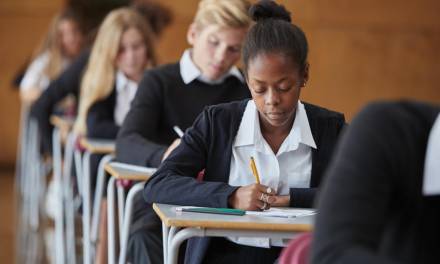Challenging behaviour in teenagers can disrupt learning environments and hinder academic progress. To effectively address these behaviours, it is crucial to understand their root causes, which stem from a complex interplay of psychological, social, environmental, biological, and academic factors.
1. Psychological Factors
Emotional and Cognitive Development: Adolescence is a period of significant emotional and cognitive development. Teenagers are exploring their identities and are often highly sensitive to peer perception, which can lead to challenging behaviours.
Mental Health: Mental health issues such as anxiety, depression, and ADHD can manifest as disruptive behaviour. It is essential to recognise and address these underlying issues to support students effectively.
Strategies: Provide resources and support for mental health concerns. Implement classroom strategies that cater to diverse learning needs and create a supportive and inclusive environment.
2. Social Factors
Peer Relationships and Family Environment: Social dynamics play a critical role in shaping teenage behaviour. Bullying, peer pressure, and the desire to fit in can lead to negative behaviours. Similarly, a difficult family environment can also contribute to behavioural issues.
Strategies: Encourage positive social engagement through extracurricular activities. Provide family support services and foster positive relationships between students and teachers.
3. Environmental Factors
School Environment: Overcrowded classrooms, lack of resources, and unsupportive teacher-student relationships can exacerbate behavioural problems. Students may act out if they feel misunderstood, neglected, or unfairly treated.
Strategies: Create a positive school climate with strong teacher-student relationships. Ensure the curriculum is inclusive and engaging, and provide professional development for teachers on classroom management and culturally responsive teaching.
4. Biological Factors
Hormonal Fluctuations and Sleep Deprivation: Hormonal changes and sleep deprivation can affect mood, impulse control, and stress levels, making teenagers more prone to emotional outbursts and risk-taking behaviours.
Strategies: Promote healthy lifestyle habits such as adequate sleep, balanced nutrition, and regular physical activity. Implement stress management techniques and provide opportunities for physical exercise.
5. Academic Factors
Learning Difficulties and Academic Struggles: Academic difficulties can lead to challenging behaviour due to frustration, low self-esteem, or a desire to distract from struggles.
Strategies: Identify and support students with learning difficulties through individualised education plans and targeted interventions. Offer a range of qualifications with varying difficulty and assessment styles to ensure all students can experience success.
Identifying and addressing the root causes of challenging behaviour in teenage school students can lead to more effective interventions and a supportive educational experience for all. By understanding the complex interplay of psychological, social, environmental, biological, and academic factors, educators and parents can work together to create a positive learning environment that fosters growth and success for all students.









